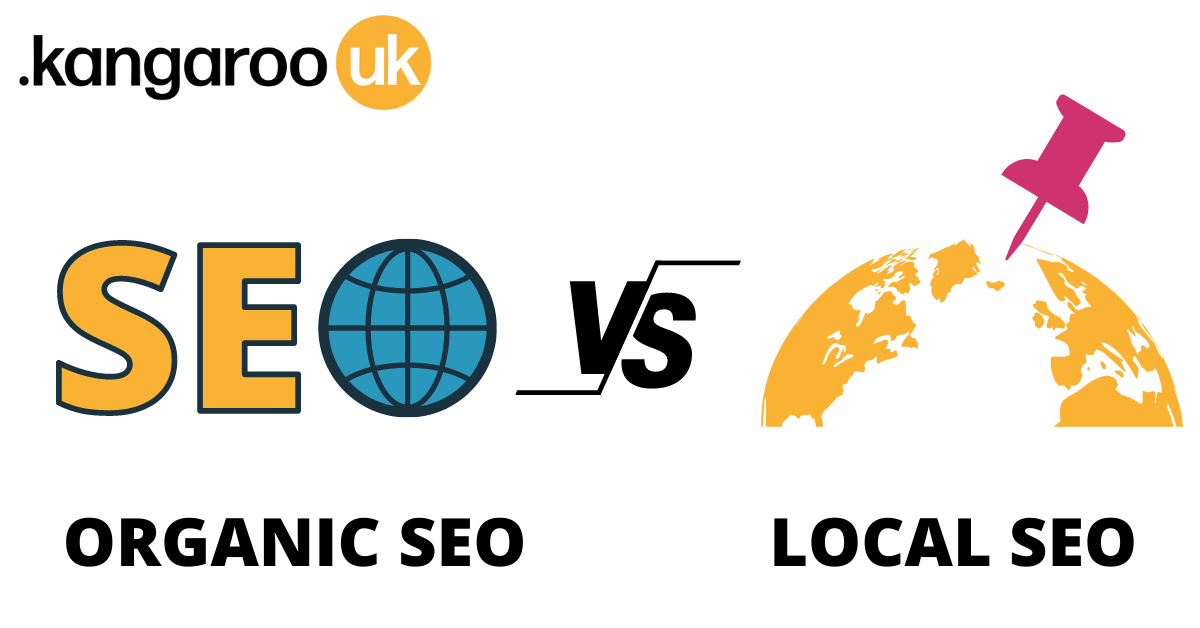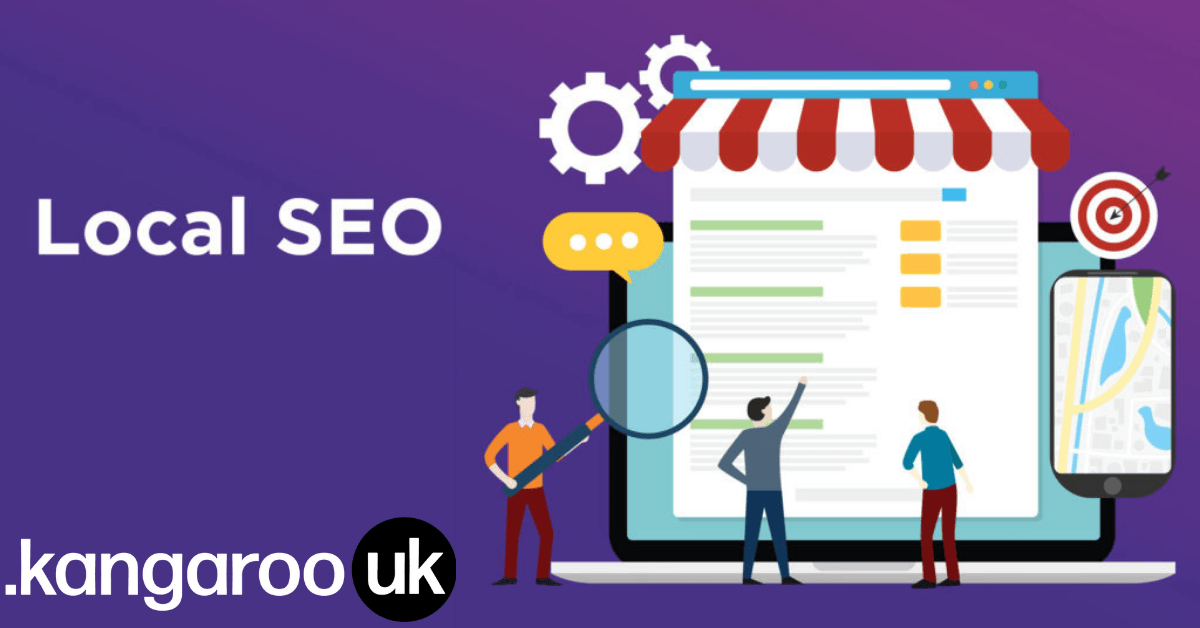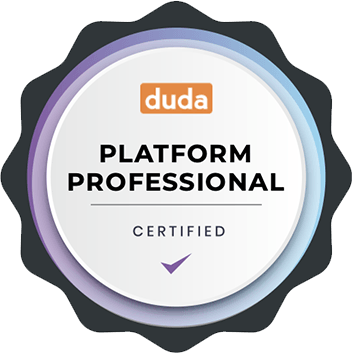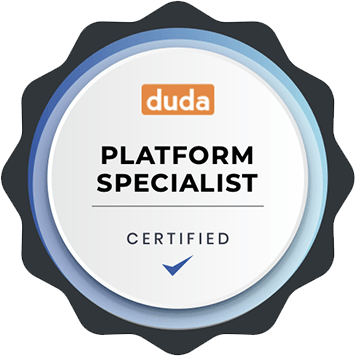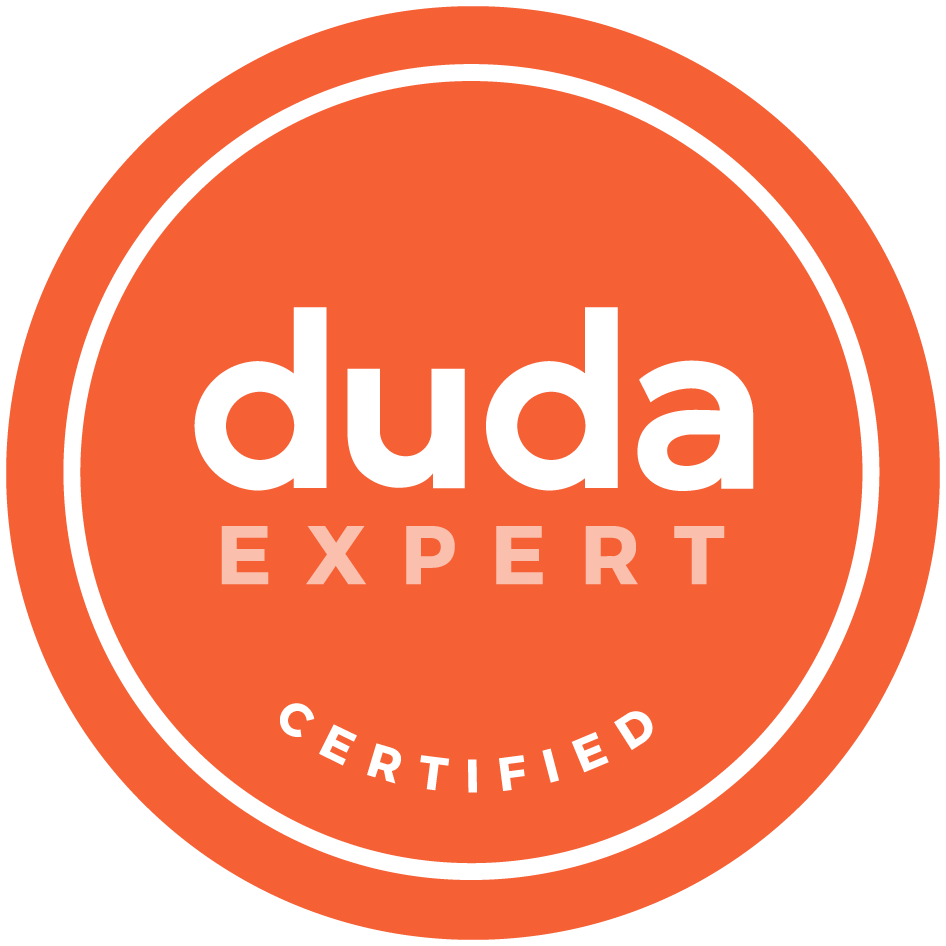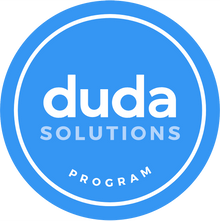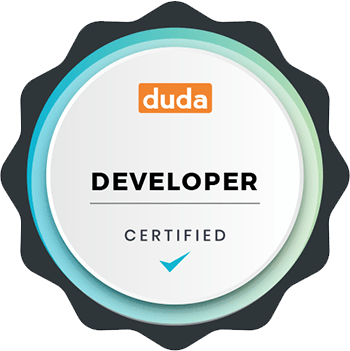A Complete Guide To PPC Marketing
A Complete Guide To PPC Marketing
If you're looking for a cost-effective way to reach a large number of potential customers, PPC advertising may be the perfect solution for you. PPC, or pay-per-click advertising, is a type of online advertising that allows businesses to target users who have visited their website before. This type of marketing can be a great way to get your business in front of potential customers, as long as you target the right people and create effective ads. Through PPC, businesses can place ads on websites and within search engine results pages.
When a user clicks on one of these ads, the business pays the publisher (or host) of the website or search engine results page a pre-determined amount of money. This makes PPC an extremely efficient and cost-effective way to reach new customers. PPC is one of the most efficient and effective ways to reach new customers and can be a major contributor to increased website traffic and revenue.
By targeting the right consumers, PPC can help your business achieve its marketing and sales goals. PPC is an effective way to generate leads and sales because you only pay when someone clicks on your ad. In addition, PPC campaigns can be customised to target specific demographics, making them a highly effective way to reach your target audience. Thanks to recent advancements in technology, PPC is now more affordable than ever before.
PPC platforms
The most popular platforms used for PPC advertising are:
- Google ads
- Bing ads
- Youtube
- Facebook ads
- LinkedIn, are
How paid searches work on various search engines?
- When you perform a search on a search engine, the results that are displayed are based on a variety of factors, including your personal history and the sites you have visited in the past. Paid search is a form of online advertising that allows businesses to bid for ad placement on search engine results pages (SERPs). When a user enters a keyword or phrase into a search engine, the paid results are displayed above the organic results.
- Paid search ads are typically text-based and appear next to the unpaid search results. Businesses can use PPC advertising to target users who have already expressed an interest in their product or service by using keywords related to their business. Paid search campaigns can be managed through an online advertising platform, such as Google AdWords or Bing Ads.
- However, one of the most important factors that determine which results are shown is how advertisers have bid for those keywords. By bidding on specific keywords, businesses can control how much they spend on each click and receive real-time.
PPC related terms to know
Knowing the meaning of some common advertising terms that are related to PPC can help increase your knowledge base of PPC, and can also help your next PPC campaign can be more successful.
CPC:
CPC or Cost-Per-Click is the price you pay when someone clicks on an ad bid for a keyword. This can be tracked and measured using Google AdWords or Bing Ads depending upon your preference within those platforms, but knowing how much each user costs will help with targeting them more specifically so that their demographics match up well against potential customers who might want something specific from yours!
CTR:
The Click-Through Rate is a measure of how many people who see your advertisement will engage with it. The higher this number, the better chance you have at capturing customer attention and turning them into loyal clients for life.
CPA:
Cost Per Acquisition is the amount spent in a campaign to acquire a conversion. It's important for marketers and advertisers alike, as it can help with strategic planning when looking at how much you are spending on ads or marketing in general versus what kind of results they're getting back from their investment.
Conversion rate:
The conversion rate is an important measure to assess the success of your digital advertising campaign. It tells you how many people who clicked on one ad took action, which can help you measure if, and how much your campaign is working.
Managing a PPC campaign
In order to make sure your campaign is as effective as possible, you need to be constantly tweaking and adjusting it. Here are some tips for managing your PPC campaign effectively.
- Bidding keywords:
When you're setting up a paid search campaign, choosing the right keywords is essential for success. By using them in your bids, you can ensure that the search engine pays attention and ranks higher for those searches - which means more traffic!
However, it can be difficult to determine which keywords are the best ones to target. It is important to use keywords that are directly related and will help people find your content. It can be tempting to go after the most popular keywords, but sometimes they're too competitive and expensive to bid on.
You can find the perfect keywords for your campaigns by using one of the countless keyword research tools on the market.
- Filter:
Negative keywords are usually found on your page and can be used to reduce traffic. Filtering these negative words will help you find more people who might want what's being offered by the site owner, which in turn could result in higher conversion rates for them.
- Target:
To make sure your campaigns are as successful and thriving for the long-term, you need to find your target audience.
You can target your audience by a particular geographical location. You know that your product has a high value in this region, so you have to place ads for the people here who might want it!
You can target your audience based on the type of device they predominantly use.
You can target your ads specifically to mobile and tablet users, or desktop/laptop ones.
By using the demographic-based technique, you can target users based on their characteristics, qualities, and socio-economic background. This is a great way to reach out specifically with advertising messages that will resonate most deeply with them.
- Reporting:
The best way to manage your ad campaign is by creating reports. This includes everything from CTR, CPC, and every detail about the ad campaign. It helps provide you with more information on how well or poorly they're performing so that any problems can be fixed quickly.
- Budget:
Creating a budget for your PPC campaign is an important step in ensuring that you are getting the most out of your advertising funds. When creating your budget, it is important to take into account factors such as your average daily budget, how long you would like your campaign to run, and the keywords you are targeting.
- Retargeting:
Retargeting is a powerful advertising strategy that helps you reach out to potential customers with messages tailored just for them. It’s an excellent way of getting people back on your site after they've visited but left without purchasing anything. It's a way to ensure that potential customers aren't forgotten about after leaving the site and it can be very effective in driving traffic back to your page.
PPC marketing is the best way to improve your business. It can help you drive more traffic and leads, increase conversion rates, grow overall revenue, and create a positive ROI for your company.


